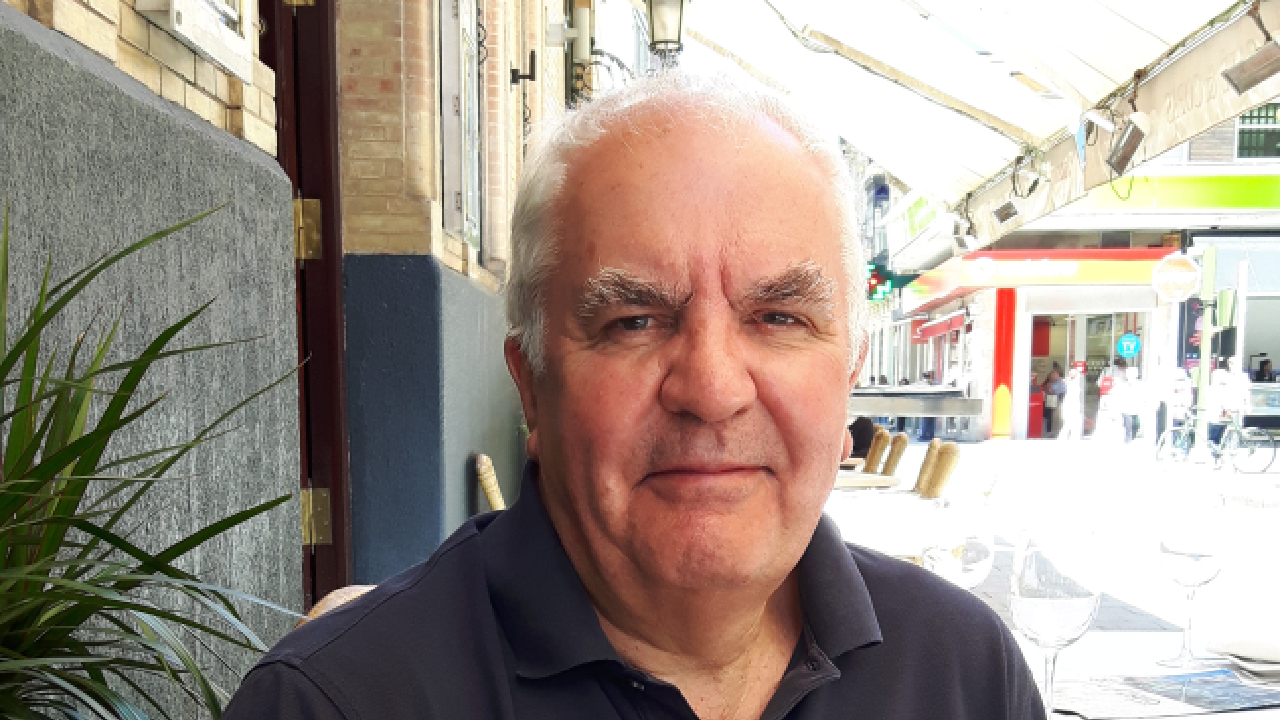In Opinion
Follow this topic
Bookmark
Record learning outcomes
Covid-19 had demonstrated how essential the pharmacy network was — and still is — for community health and well-being. The pandemic may have passed but it left behind a solid base for pharmacies to play a current and future vital role as immunisation centres.
However, that wasn’t the only effect of the pandemic upon pharmacies. The supply chain weakened further during this period and has never fully recovered. The Drug Tariff doesn’t keep pace with price rises and we all know that some of the price differences are breathtaking. Contractors simply cannot afford to buy for £10 and sell (or be reimbursed) at £7. Financial suicide by any measure.
Governments are not stupid and yet they believe that by stalling and delaying talks about sensible reimbursement and the cost of providing the service, they’ll prevail simply by reducing pharmacy to a skeletal operation.
And it’s not just pharmacies. Look at dentists. Their NHS funding pot has shrunk in real terms, leading to most opting out of the NHS altogether. The simple truth is that the Government cannot afford to provide universal healthcare under the NHS as it is configured today.
I regularly obtain 10 medicines every month on NHS prescription. I’m in my mid-70s, had a moderately severe heart attack in October and have made a pretty impressive recovery.
I cannot think what my A&E attendance, blue light transfer to St George’s hospital and subsequent angioplasty cost but it involved a lot of highly trained people and a three-night hospital stay... so £30,000-£40,000? It was also on a Sunday. Simply by living, I have become a drain on the NHS.
So we have long queues of people outside NHS dentists, desperate to register as NHS patients. We have doctors on strike outside every major hospital – and let’s not forget pharmacy closures. I have saved this until last. Pharmacists, I used to tell MPs back in my day when asked, do not go on strike. They close their doors for good.
From five to three
In the past 12 months, the area in which I live and shop has gone from five pharmacies serving the community to just three. Gone are the LloydsPharmacy in the Sainsbury’s and a small local branch of Boots. I spoke at length to one independent who ordinarily would have benefitted from the closure of the Boots store, but she told me that the extra 2,000 monthly prescription items coming in will not cover the cost of the additional member of staff she needs to meet the increased footfall and workload.
In addition to this and closer to home, one of the pharmacies I used to own, which was leased to the purchaser 16 years ago, failed to meet the December quarterly rent and went into administration. This was dramatic news for someone recovering from a heart attack, as this regular rental was a good piece of my retirement income.
At the same time, the LloydsPharmacy attached to my GP surgery was sold on when Lloyds became a purely online offer and the new owners promptly went into receivership. The surgery is also now without its source of rental income. This is what “going on strike” actually looks like for community pharmacy in harsh reality.
Similar situation
Something similar happened back in the early 1970s. Sir Keith Joseph was minister for health at the time in Edward Heath’s Conservative government and he found himself facing a similar situation. He came up with a rescue package that saw us receiving a backdated remuneration award and an increase in the on-cost of drug purchases.
Yes – backdated! I remember getting the payments and being able to clear half my overdraft. In those days, proprietary patent- protected drugs formed 90 per cent of our reimbursement. Generics were on the rise but at the time were small change in the cost analysis.
What the minister of health in 1974 didn’t have to take into account was the amount of time pharmacy teams spend trying to source supplies of drugs. Pharmacies are now much busier and have become a more stressful environment to work in. They are finding it harder to keep financially solvent and that includes the larger businesses which, in the past, one would have thought of as secure.
As an older person with a comprehensive medication regimen, I need a robust secure community pharmacy – one I can visit in person and get advice as well as my prescription needs. An online pharmacy for me is meaningless. And the vast majority of elderly patients, I suspect, are just like me. We need a reassuring, accessible health professional offer near to where we live and work. Doesn’t that make sense?

